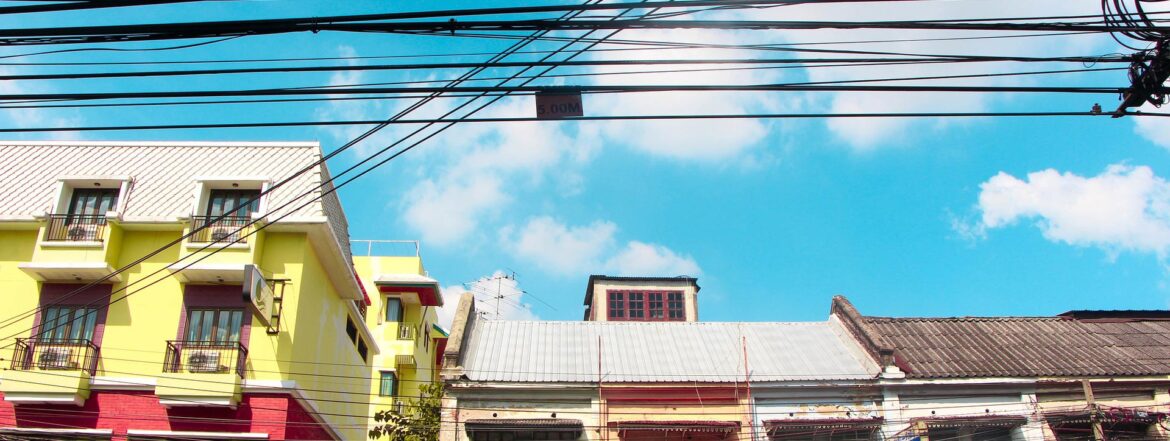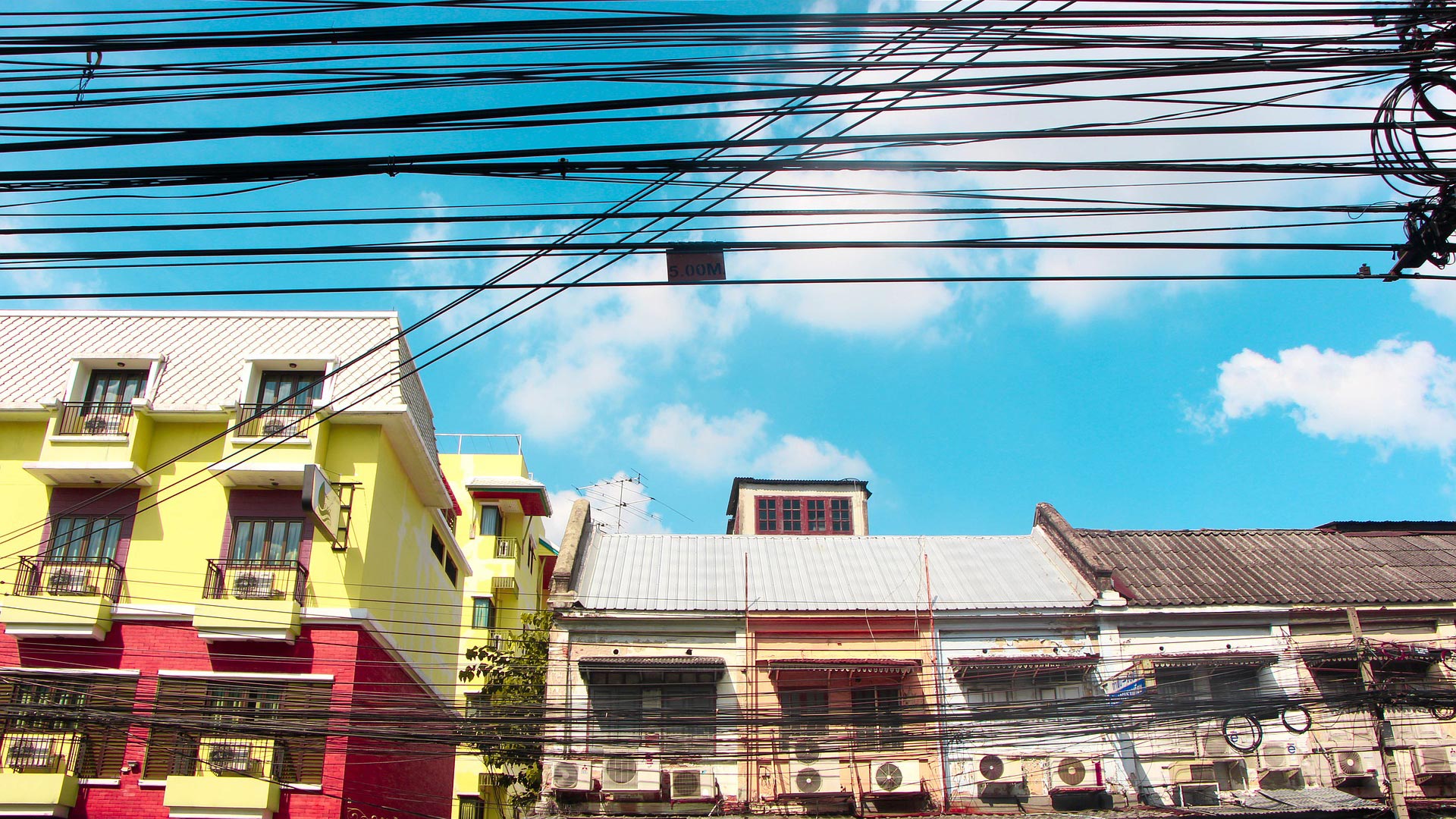ReWired: Asian/TechnoScience/Area Studies
Aug 1–Aug 10, 2011
University of Hawai'i, Manoa
The Seminar addressed how techno-scientific knowledge-systems are re-ordered when geo-political formations shift.
You “don’t invent the future,” John Seely Brown famously noted, “you unleash it by leveraging the global community mind.”
Today the fastest expansion of techno-scientific knowledge production and urban development is occurring across multiple Asian sites in the throes of techno-economic boom. Seely Brown’s observation, made in conversation with Paul Duguid, was meant to characterize late 20th century knowledge institutions and sites of technological production in the US. It nevertheless uncannily predicts the radical de-centering of global technological futures in the 21st century, not least in the Asian context.
The 2011 Seminar in Experimental Critical Theory (SECT VII) seeks to elucidate these rapidly transforming landscapes of knowledge production, the shaping of contemporary knowledge institutions, their impact on social life in intense urban contexts, and this century’s techno-scientific horizons of possibility. Comprehending these movements, forces, and structures requires integrating deep understandings of history and politics represented by Asian and critical Area Studies with emergent work on the transnational dynamics of science and technology as well as on market economies and their modes of governance.
The social life of information emerges in particular kinds of institutional structures and historical conditions. It refracts, reflects and embeds larger social forces and modes of production, extending some ideas and undercutting others. What are the impacts and influences of varying social arrangements and socio-technical assumptions on each other, and on learning practices and institutions? What sorts of networks are conducive to knowledge making now? How do the shapes and impacts of open source knowledge arrangements, for example, compare with proprietary ones? What do these recent formations and experiences tell us about the knowledge institutions and production arrangements to come?
Envisioning the technological future has too often seemed the province of western technologists. Recent media and economic analyses accurately identify the importance of new technological practices in contemporary Asia. Nevertheless, they often reduce complex historical processes to simplistic narratives: about the invisible hand of technoscience, or about the formerly ignorant attaining progress and becoming newly-empowered individuals and societies. The dominant questions that follow are equally misleading: Does information technology liberate developing countries from their legacy of poverty? Is Asian science as good as western science? Are women empowered by the digital revolution?
This way of viewing things presumes Asian modernities to be marked by lack and belatedness. It views technology as the sole or dominant driver of social, economic, political and cultural change. It sees scientific ability as inherent to certain kinds of peoples. And it highlights the Asian “tiger” and “dragon” as representative of particular techno-political threats to US dominance.
Sect VII–ReWired: Asian/TechnoScience/Area Studies–seeks a more nuanced understanding of these processes by engaging a diverse set of critical accounts of science and technology as they apply to the historical conditions of these developments in Asia. Computing practices, unlike older forms of technoscience from physics and mathematics to botany and forestry, are increasingly recognized as emerging via networks shaped by, in, and across the formerly “underdeveloped” world, including India, China, South Korea and Taiwan. The Seminar experiments with juxtaposing histories of “older” sciences with the contemporary practices of “digital natives;” integrating critical knowledge of states, science, and social movements from the histories and social sciences of Asia; engaging studies of cultural production in Asian contexts; and broadening studies of peer-to-peer creative and community-based practices generated by the transnational digital sphere.
Asia has long been part of global flows of knowledge, commodities, and culture, all too readily overlooked in conventional accounts of its “emerging” development. Accordingly, SECT VII avoids euphoric claims of radical novelty, as well as assumptions of simple continuity with colonial pasts. We approach Asia’s disparate hybrid modernities without postulating a unifying Asian modernity, seeking to understand their various, often contradictory but productive discourses of science, technology, digital revolution, political economy, community, nation, and identity.
In this experimental critical space, SECT VII seeks to nurture, across disciplinary and regional borders, discussions of the kind that have not flourished within the more established Area Studies or disciplinary paradigms. The seminar space was one of practical invention and intellectual innovation. We find continuities with other ongoing projects: most notably, the Digital Media Learning initiative of the UCHRI, and the HASTAC program, that aim to create “a generation of scholars equally at ease with current (which is also to say historical) knowledge in the humanities, arts, and social sciences, on the one hand, and with the technological, scientific, and engineering knowledge on the other, with a view to facilitating development of new discoveries and new relations between currently available knowledge sources, in order to digitally prompt new bodies of important knowledge.” SECT VII similarly builds on the Poor Theory Manifesto developed out of UC Irvine?s Critical Theory Institute that sees the past, present, and future as mutually constitutive and “heterotemporal,” attending to the “unsystematic” and undisciplined “practices of the everyday.”
SECT VII: ReWired is thus concerned with the large questions of infrastructure and information, social technology and technoscience, institutions of knowledge making and learning. It is of particular interest to those concerned with Science and Technology Studies, Asian Studies, Global Studies, Digital Media, and their interface. And it appeals to those drawn to theoretical modesty, tinkering and improvisation, appropriation and recombinatorial experimentation, to relationalities and rearticulations.
Instructional faculty: Itty Abraham, University of Texas // Ivan da Costa Marques, Universidade Federal do Rio de Janeiro // Wendy Chun, Brown University // Joe Dumit, UC Davis // Roger Hart, University of Texas // Cori Hayden, UC Berkeley // Tim Lenoir, Duke University // Kavita Philip, UC Irvine // Achal Prabhala, Wikimedia Foundation // Sha Xin Wei, Concordia University, Montreal // Nishant Shah, Center for Internet and Society // Lucy Suchman, Lancaster University // Siva Vaidhyanathan, University of Virginia // Kath Weston, University of Virginia


